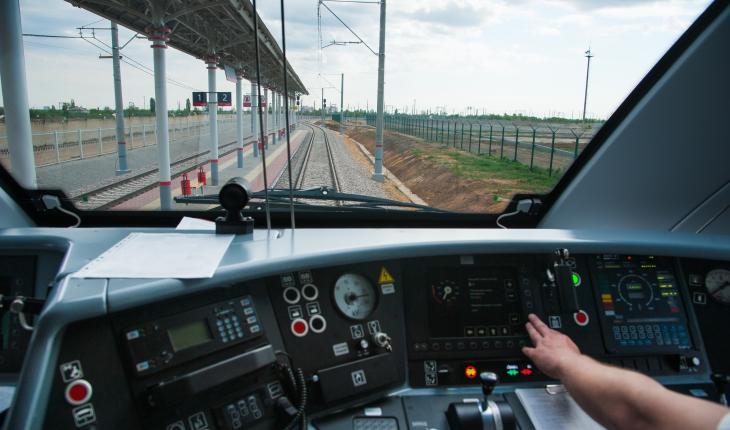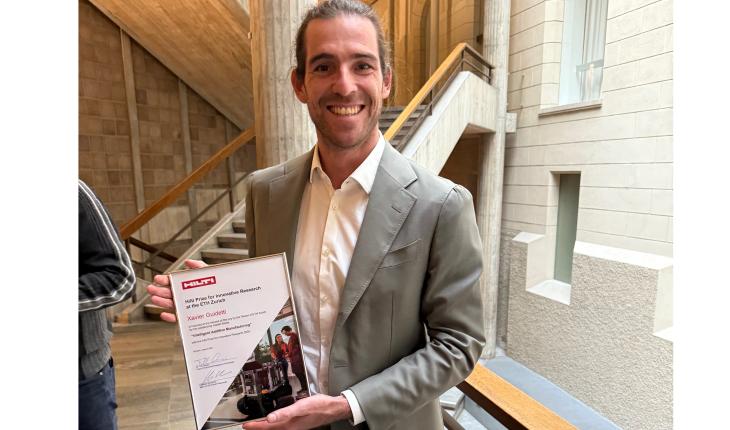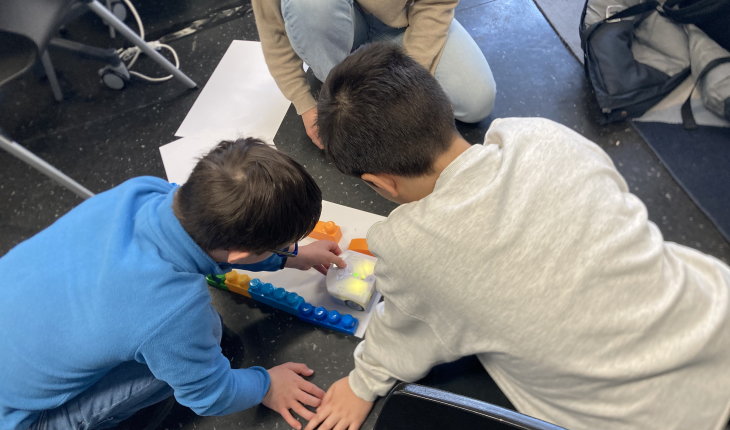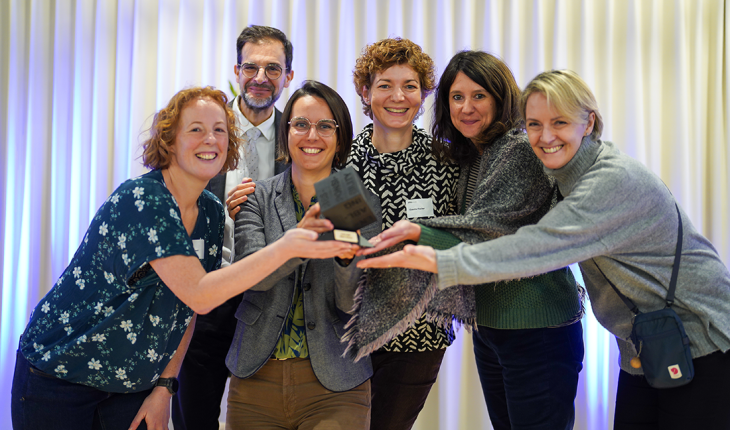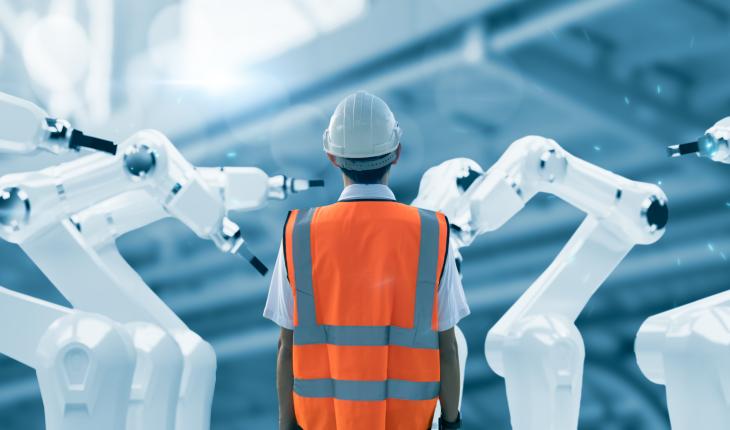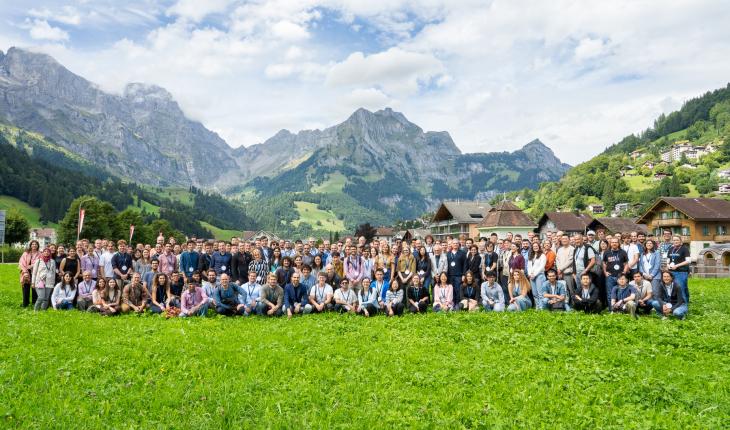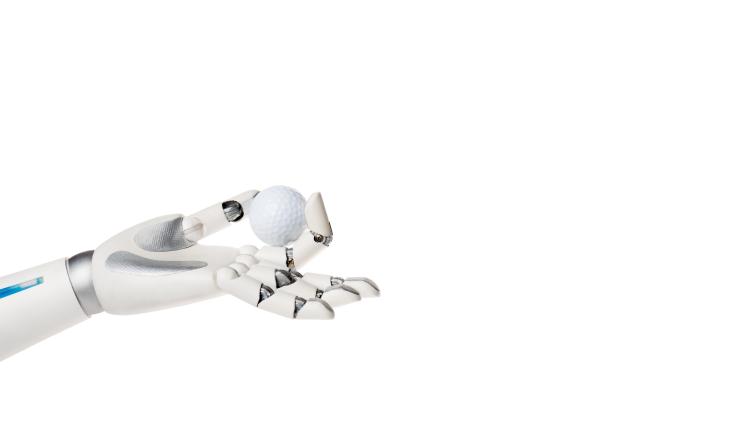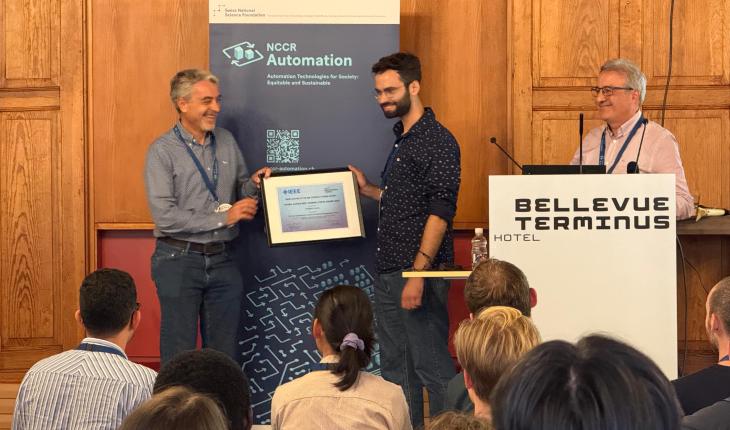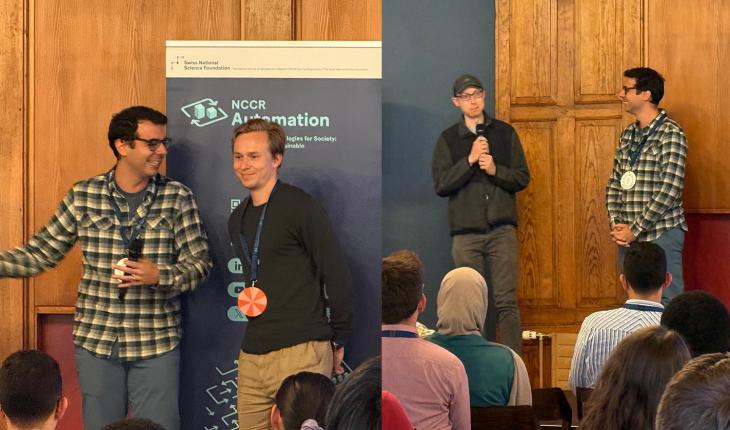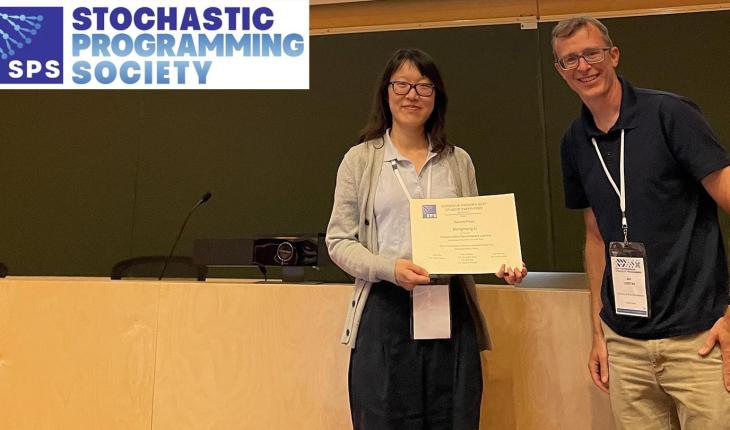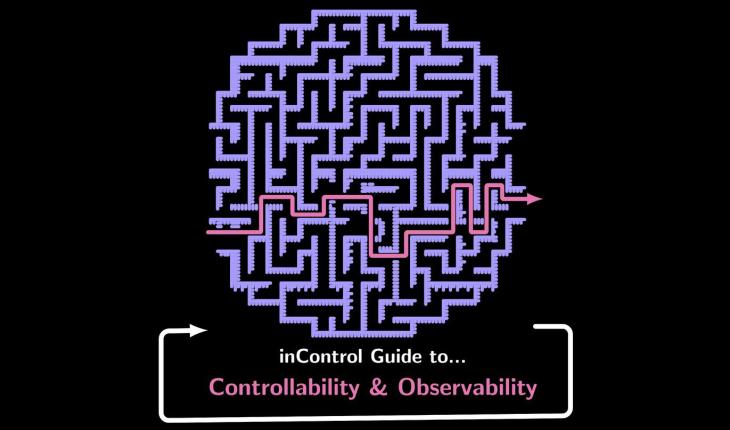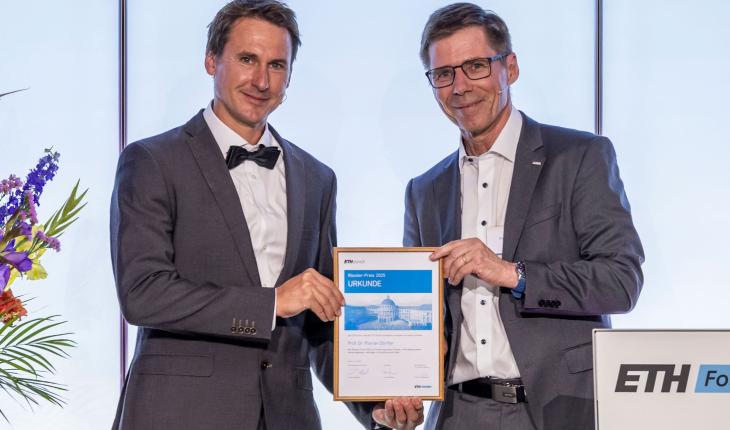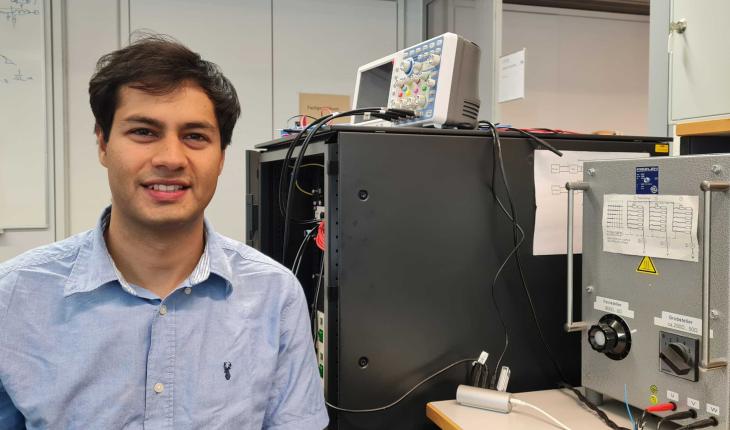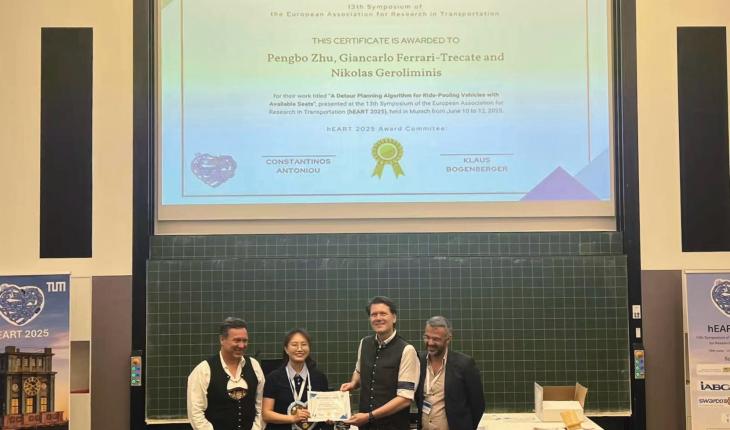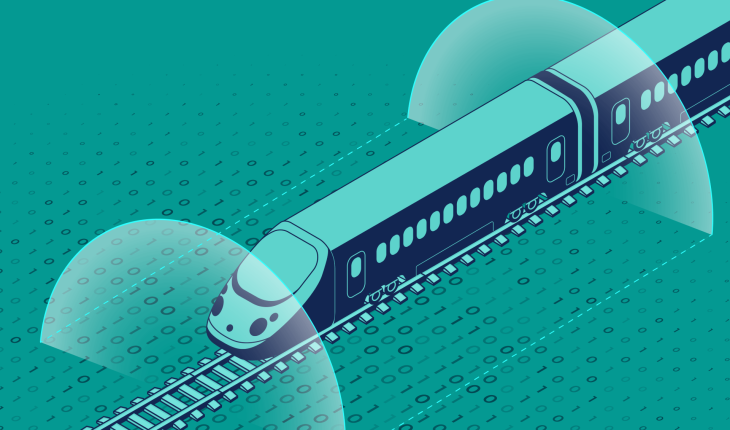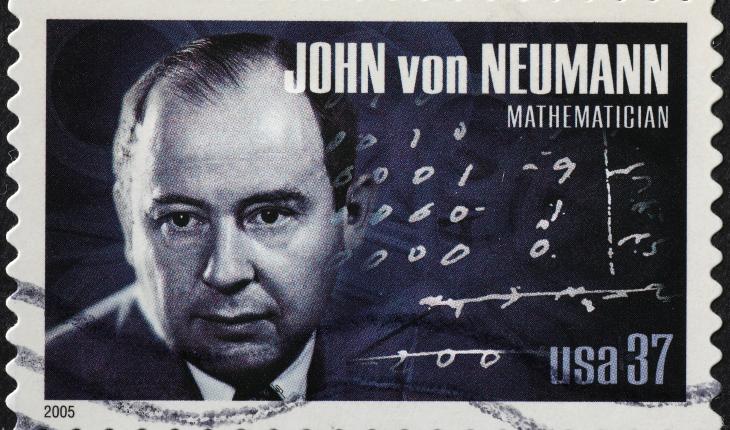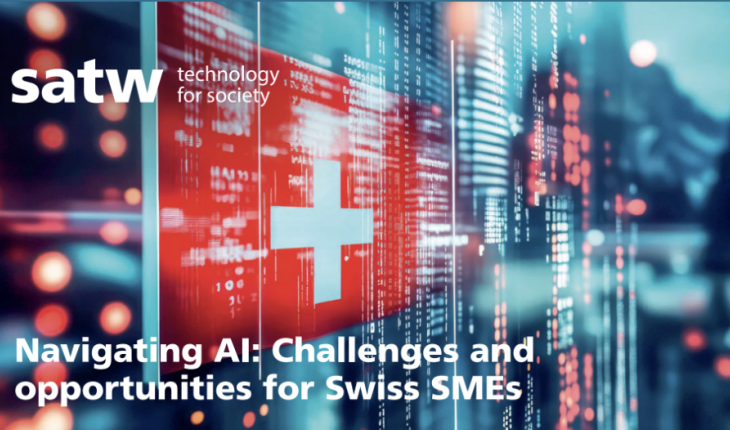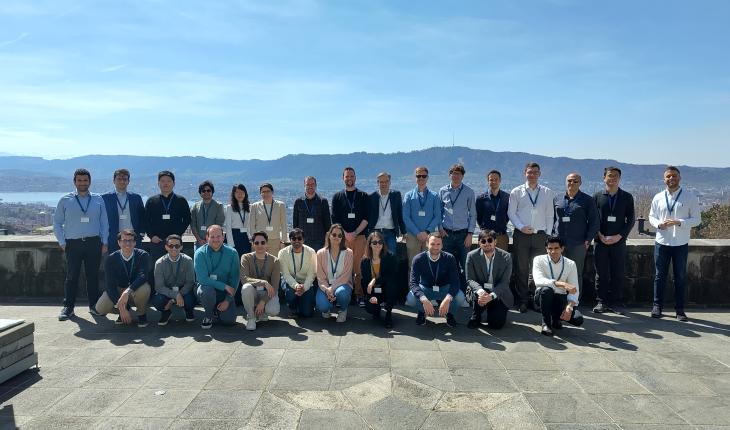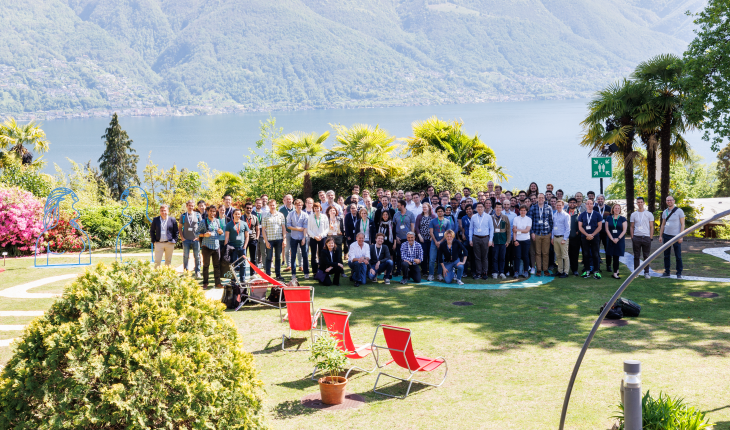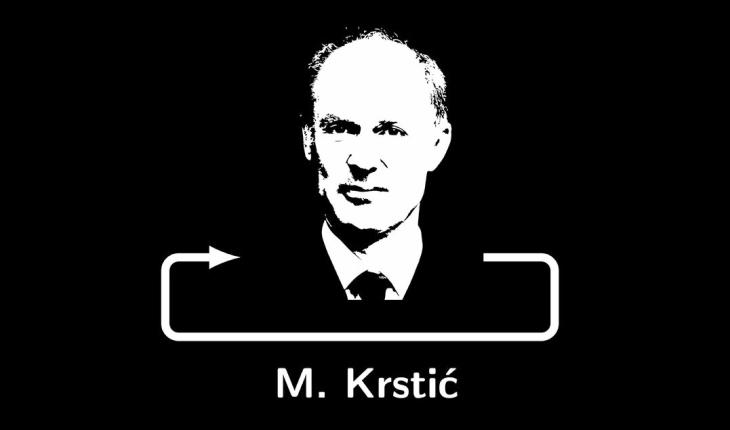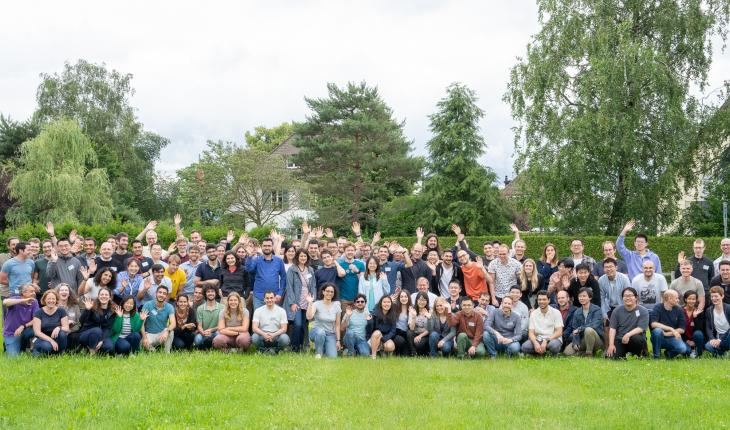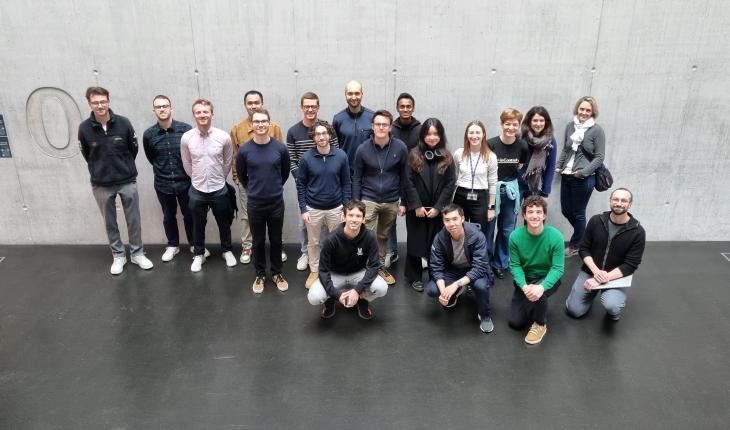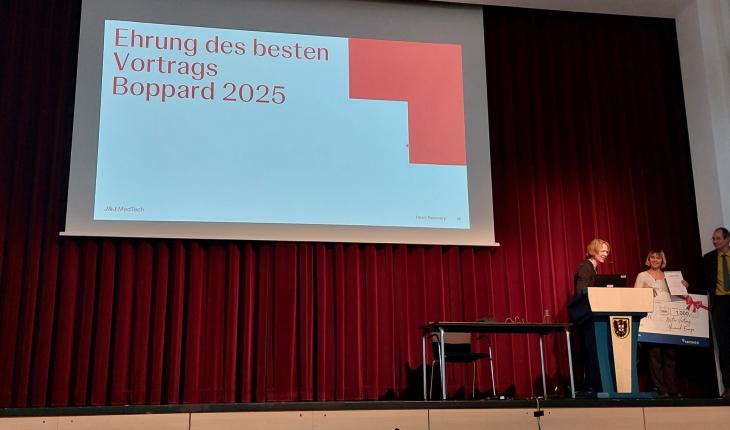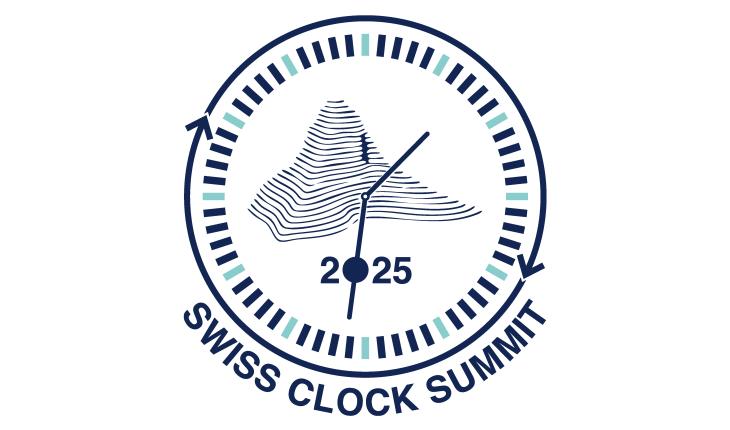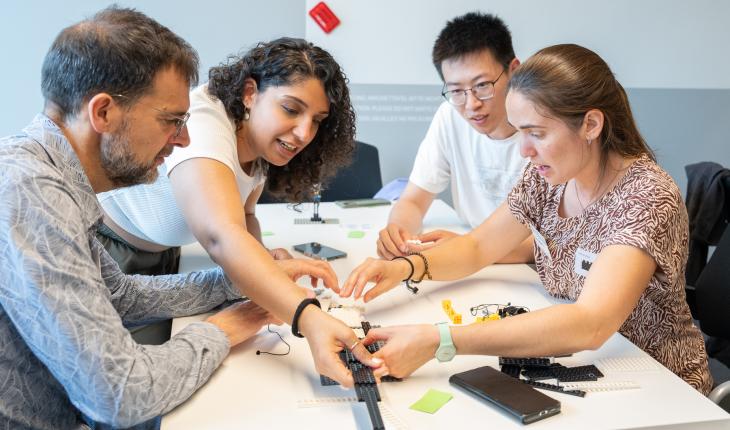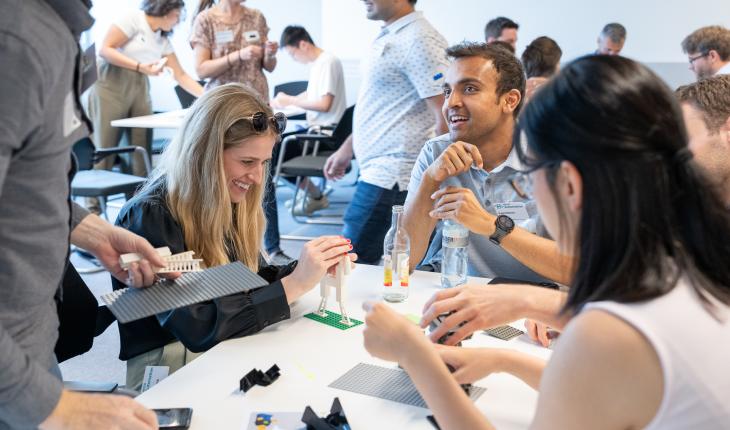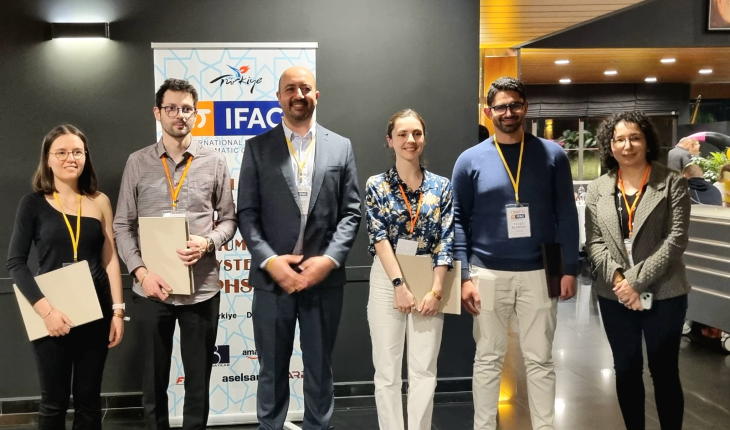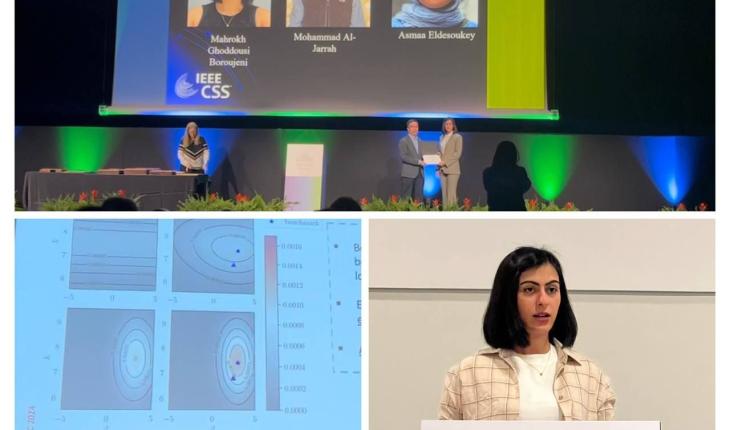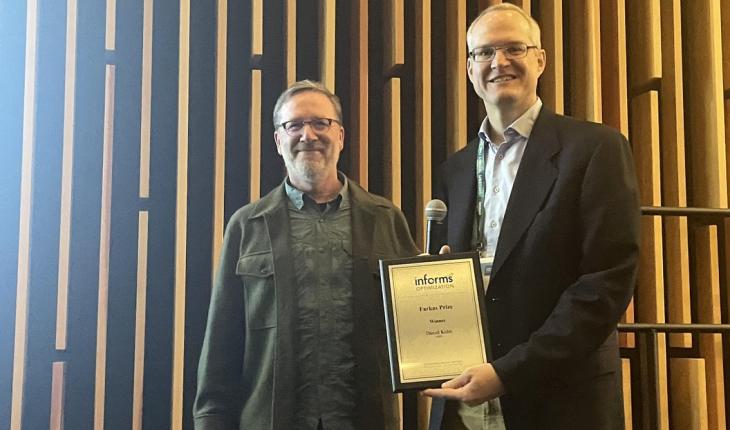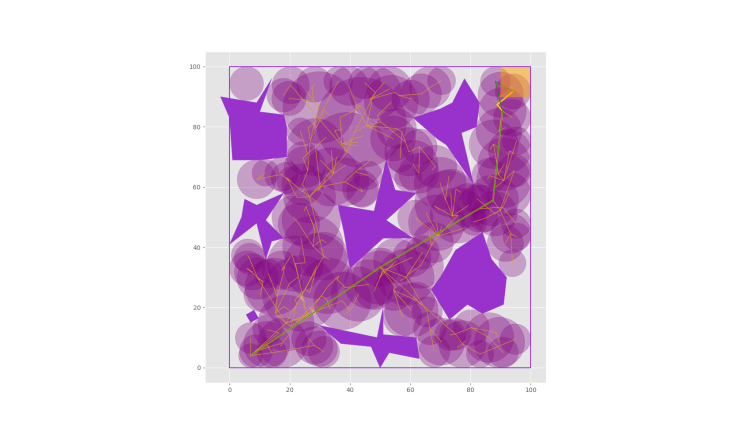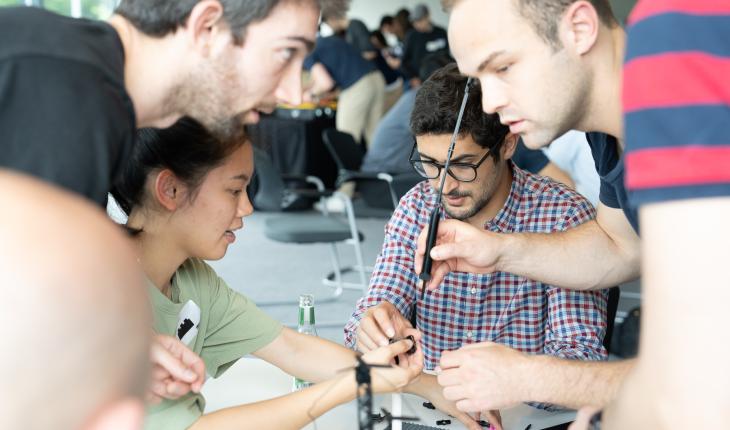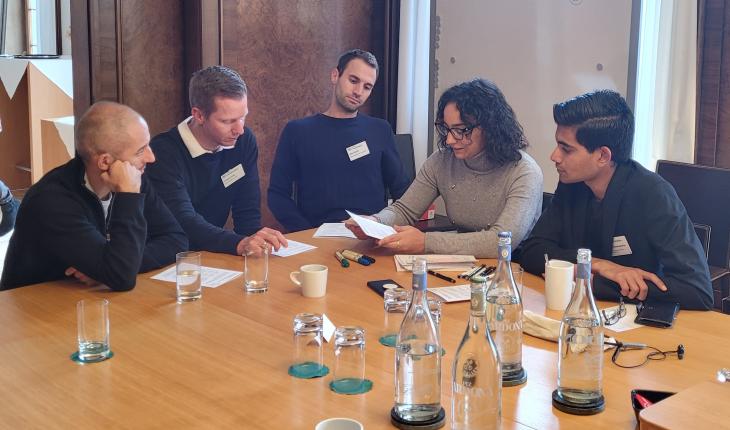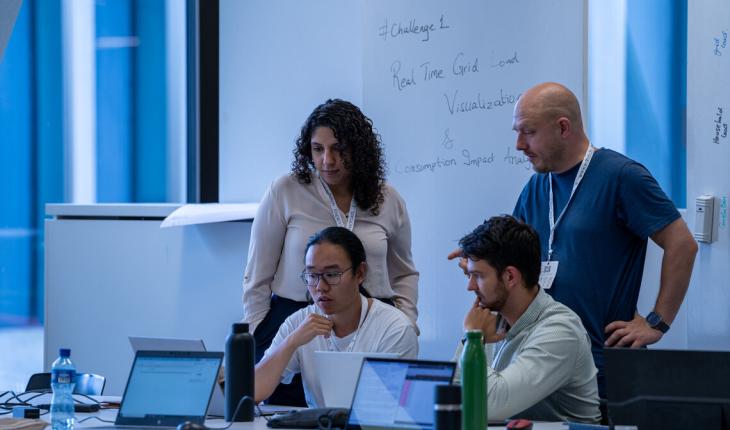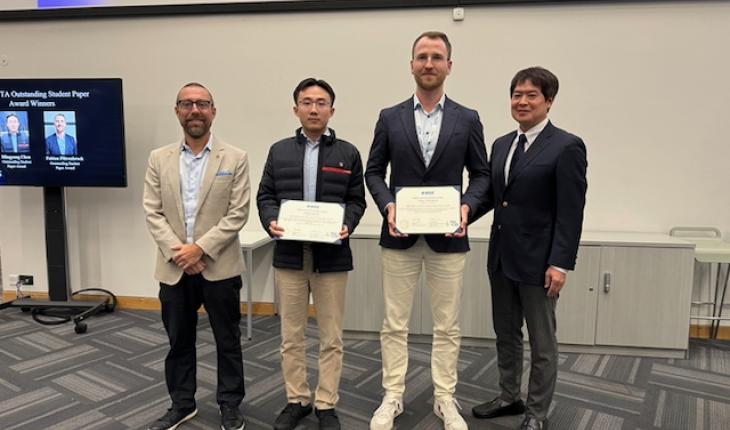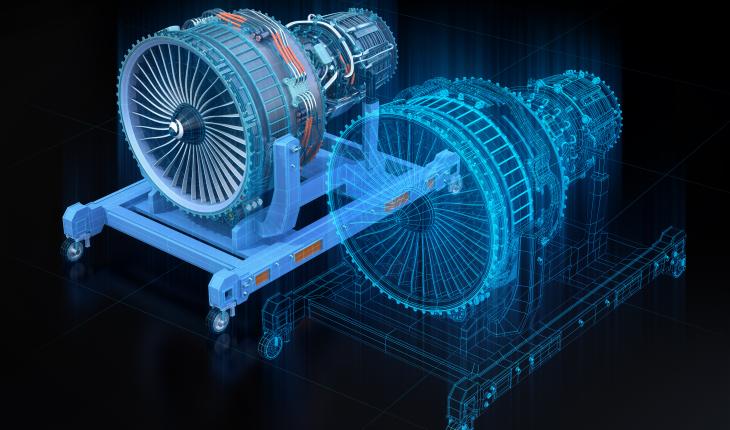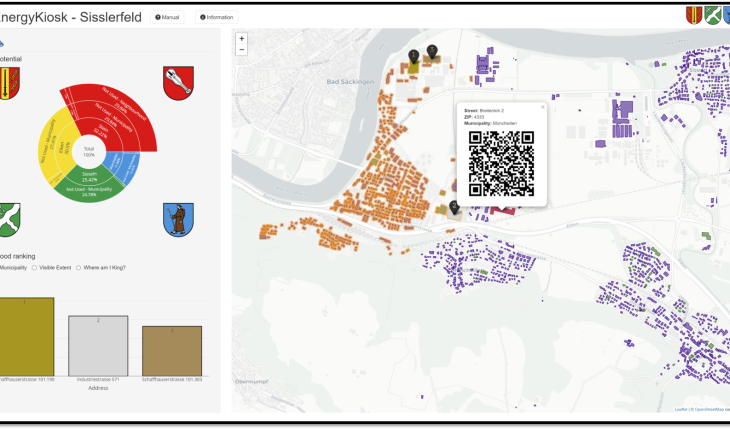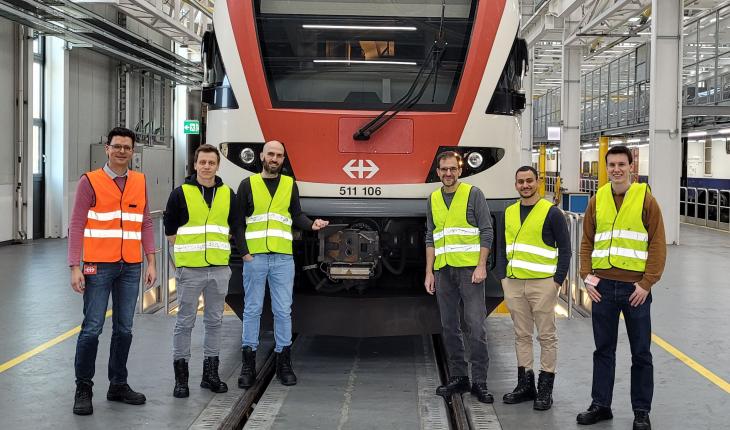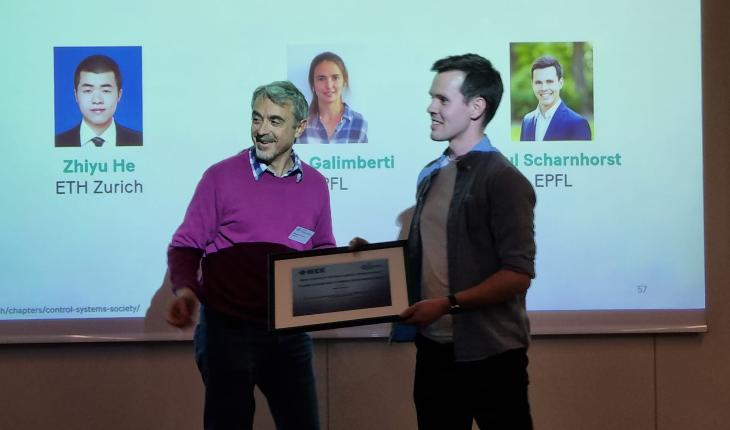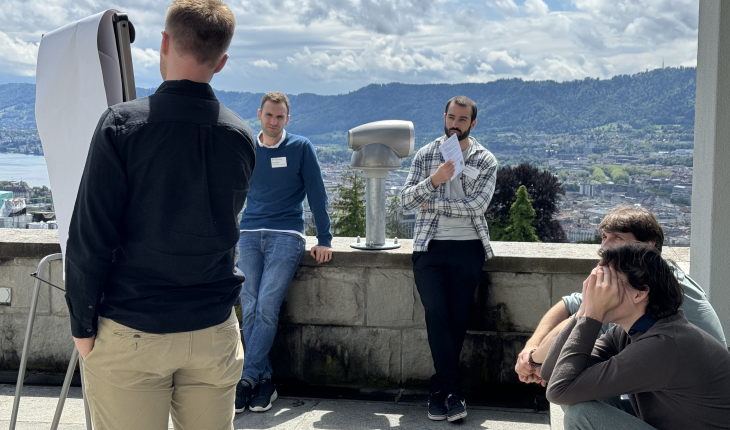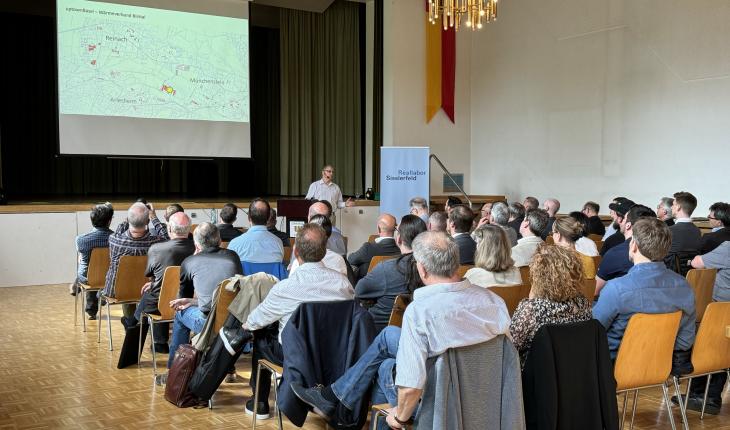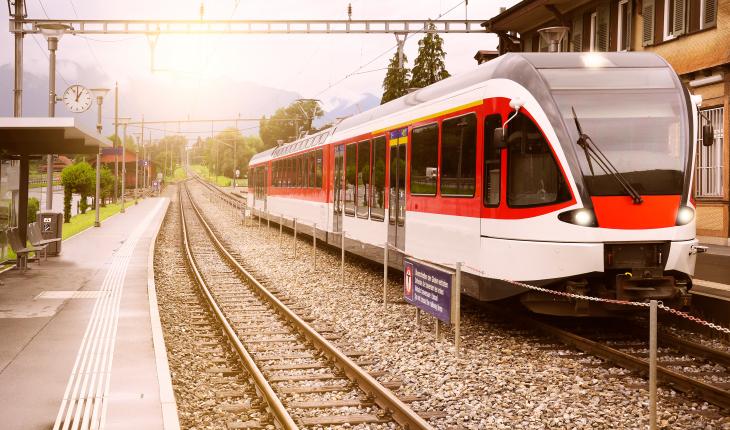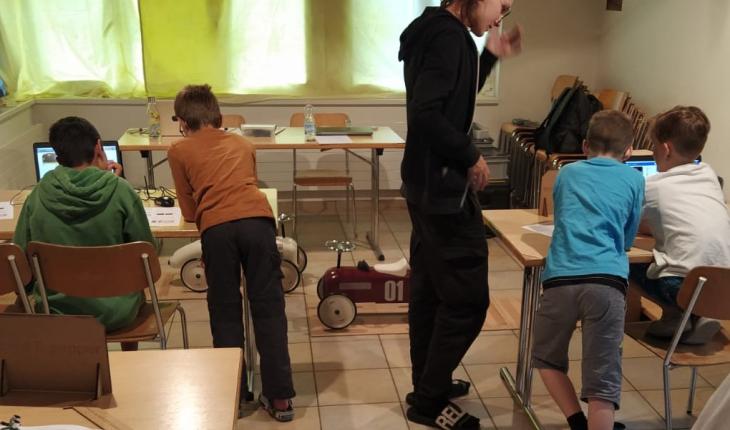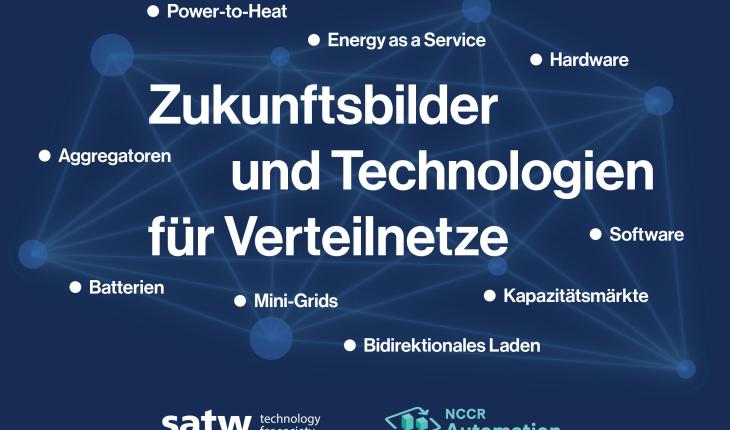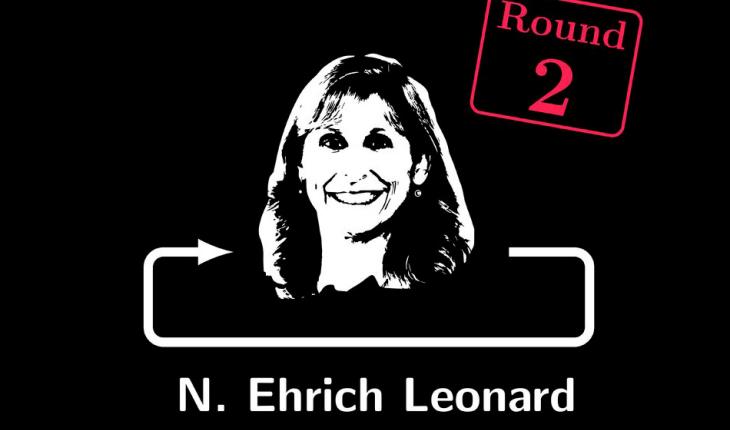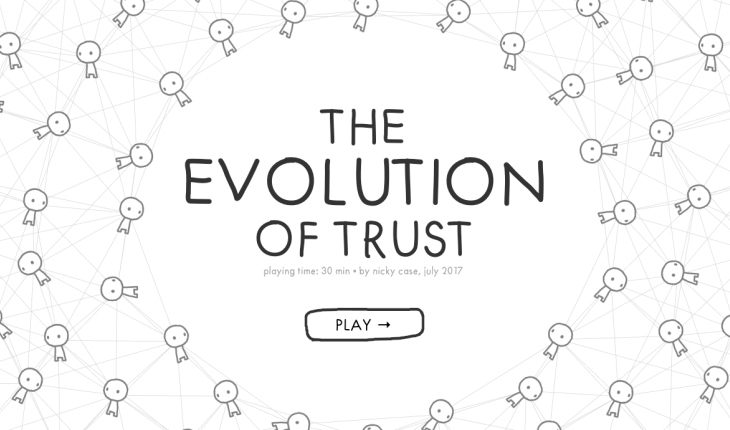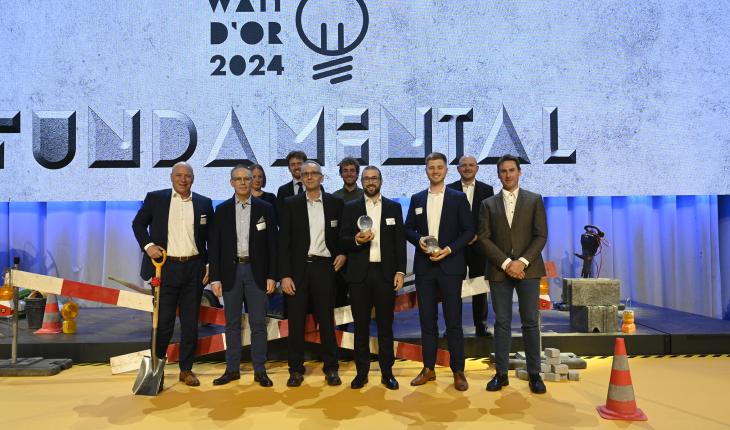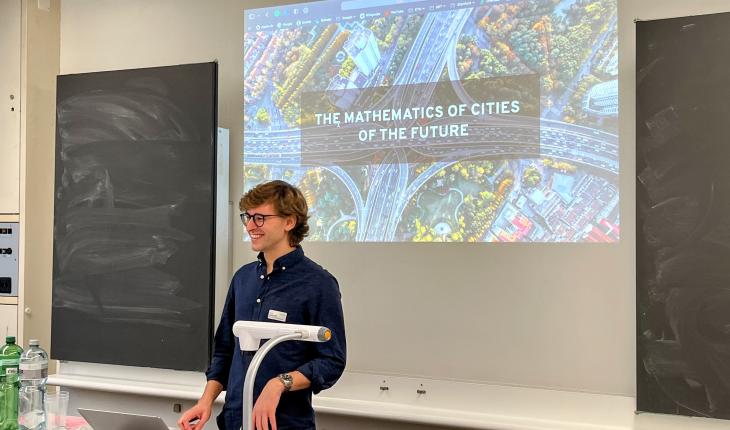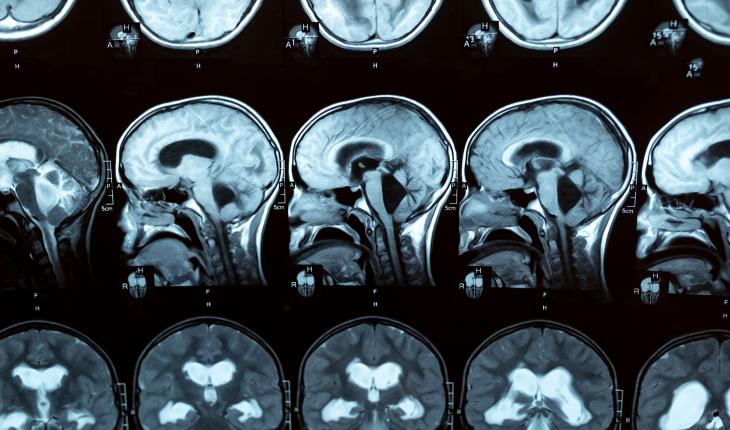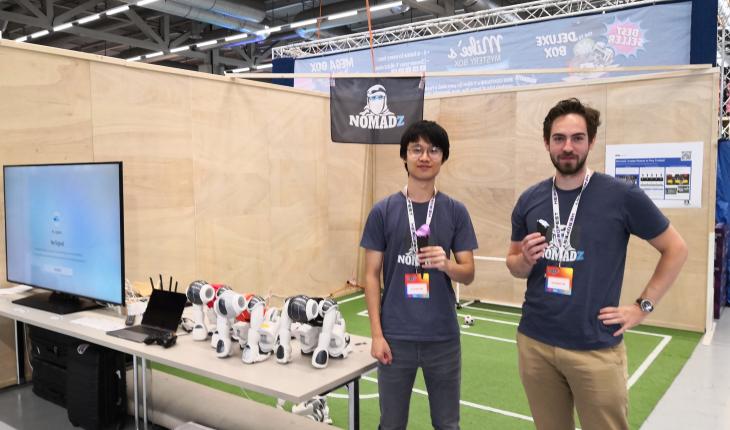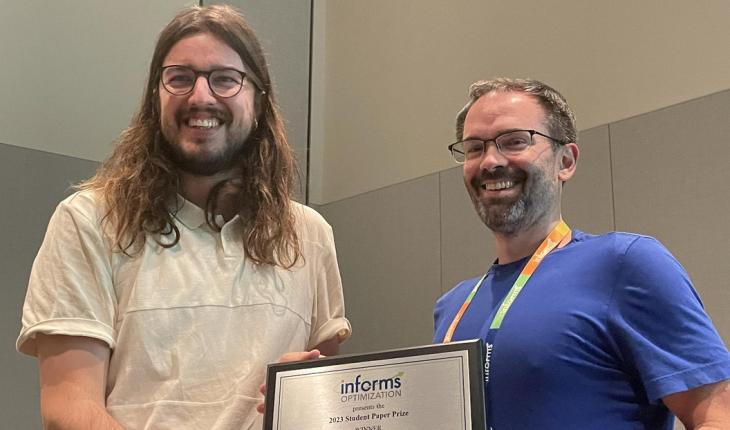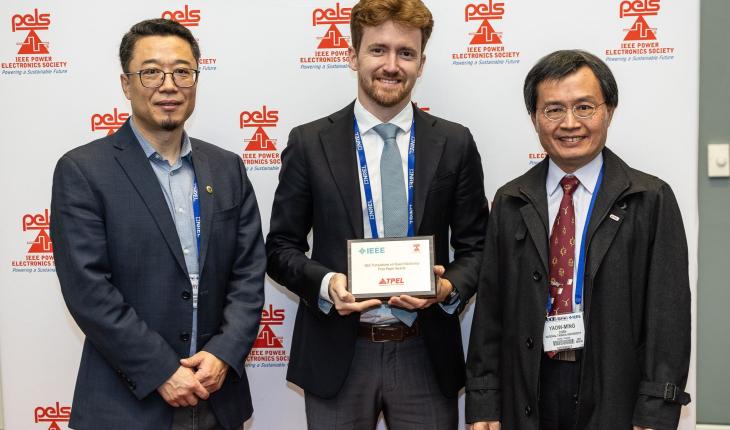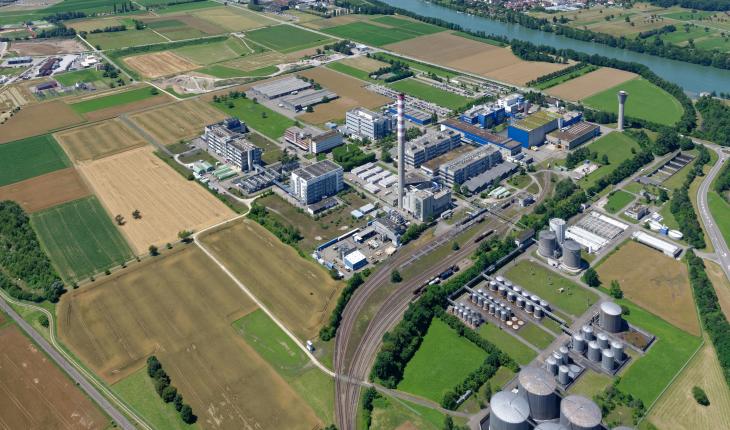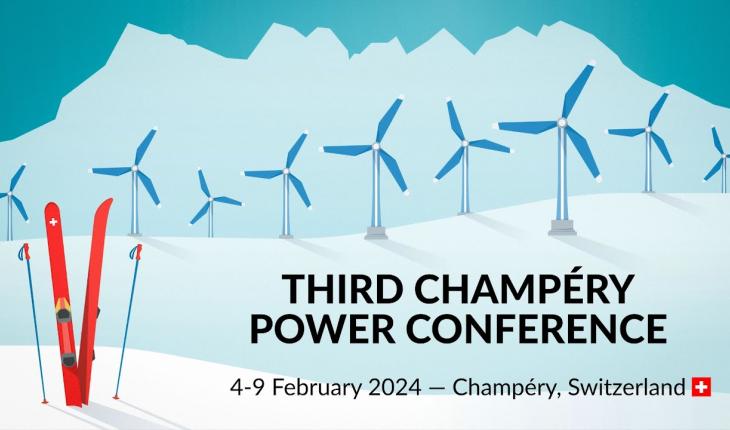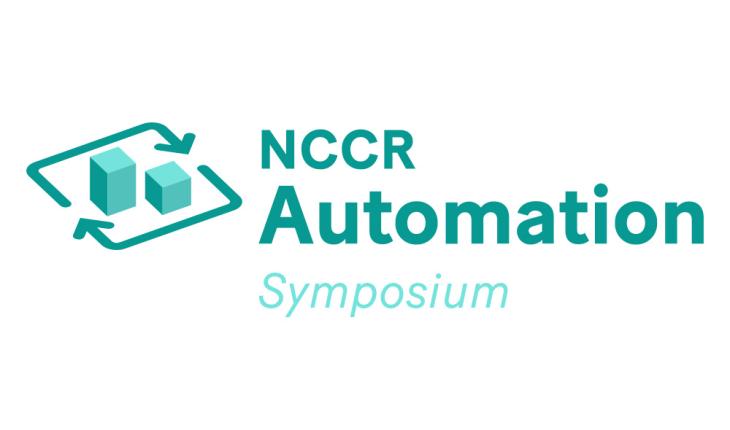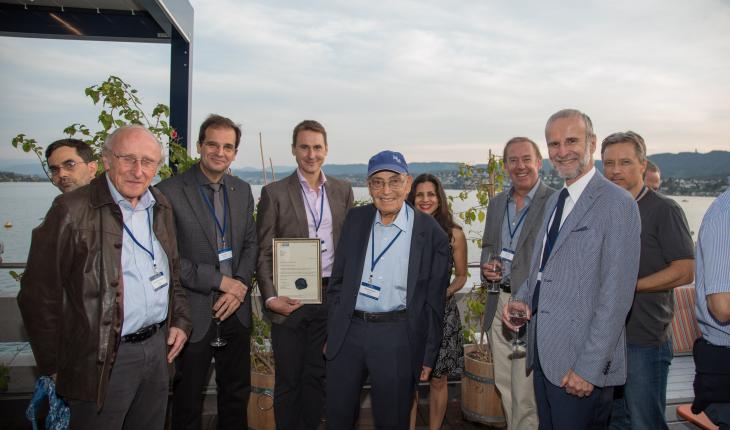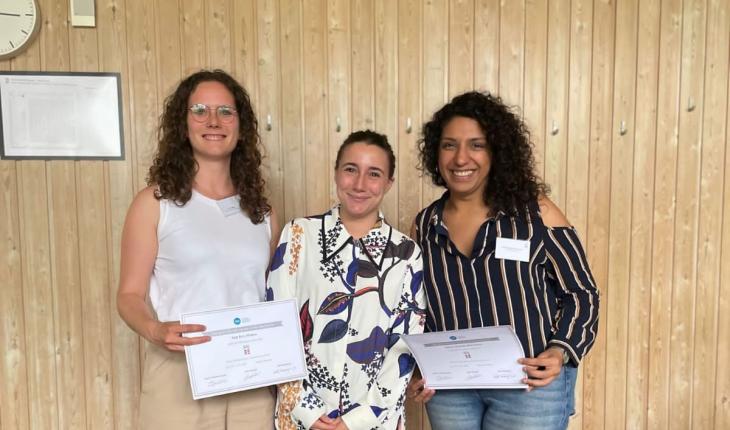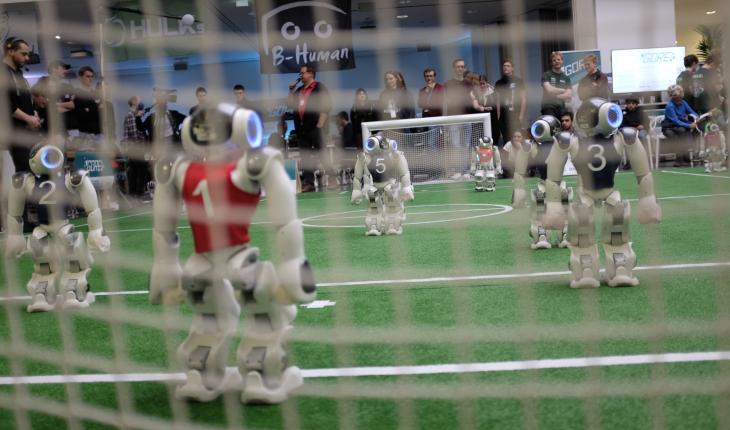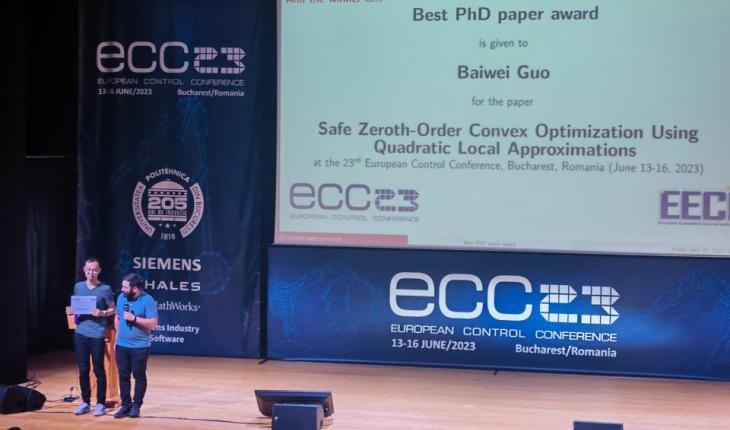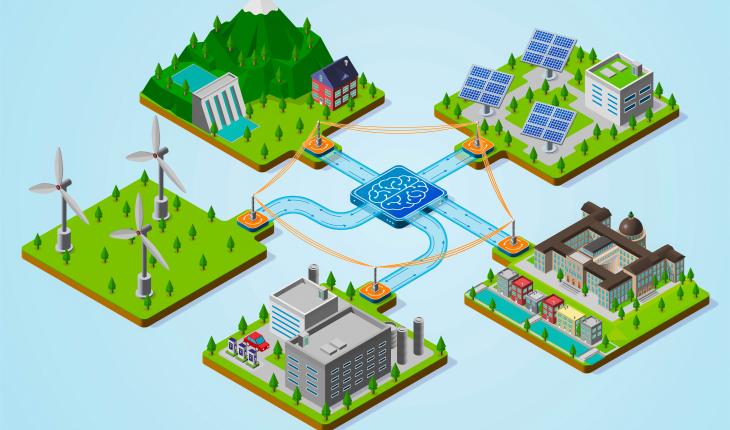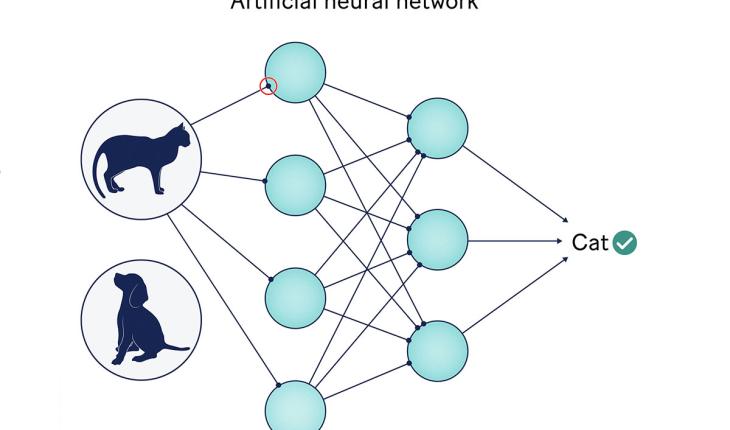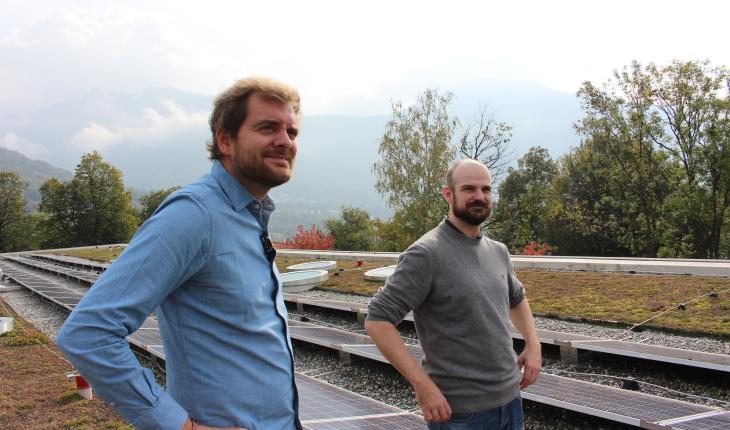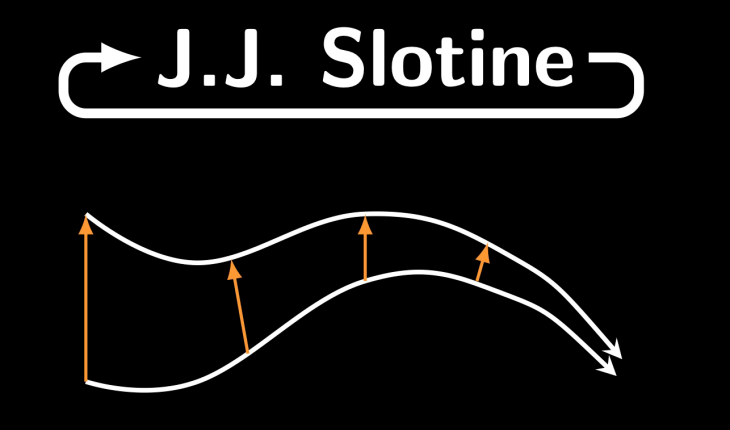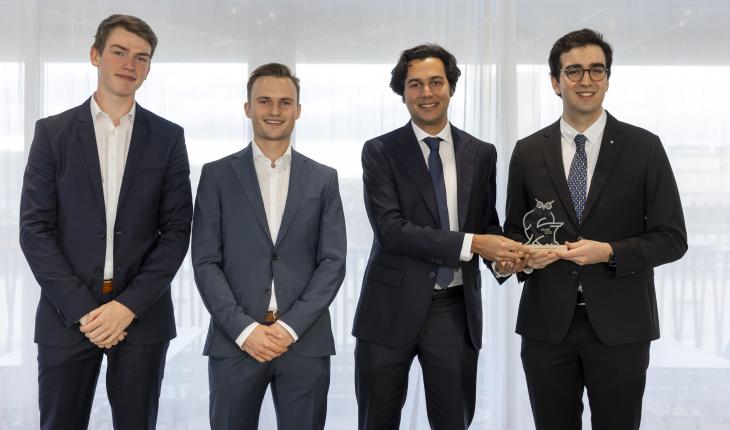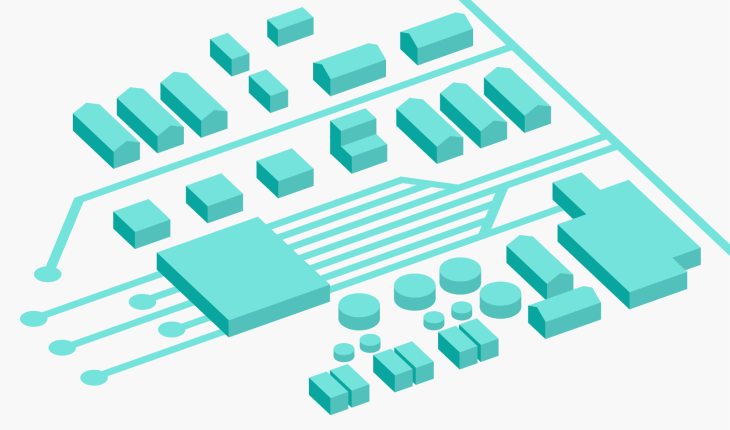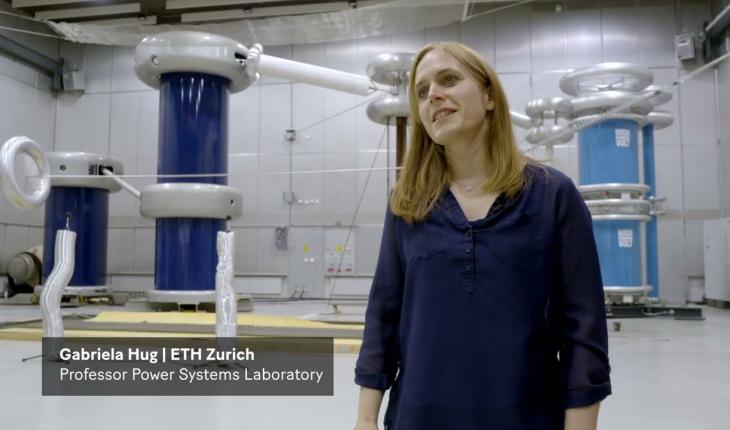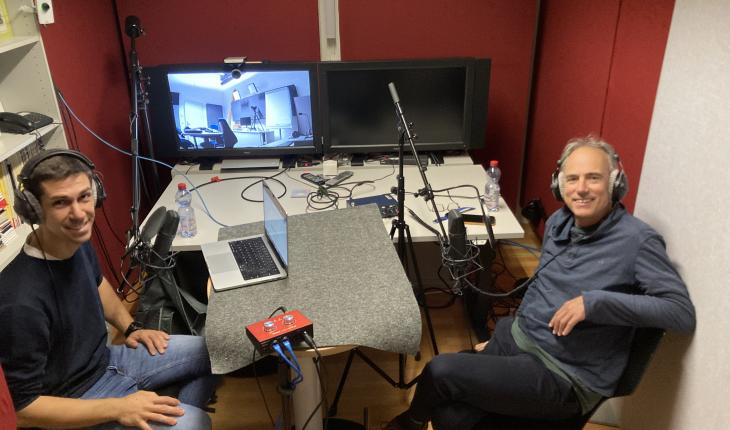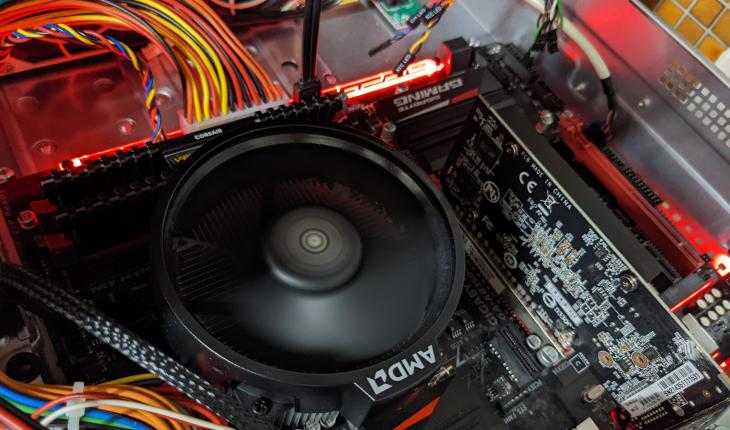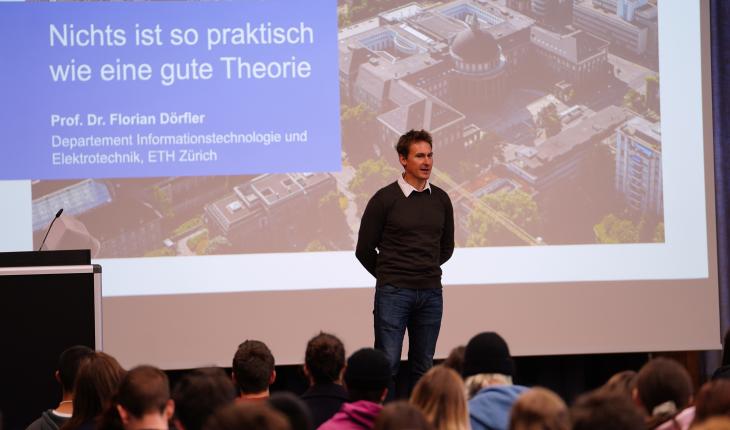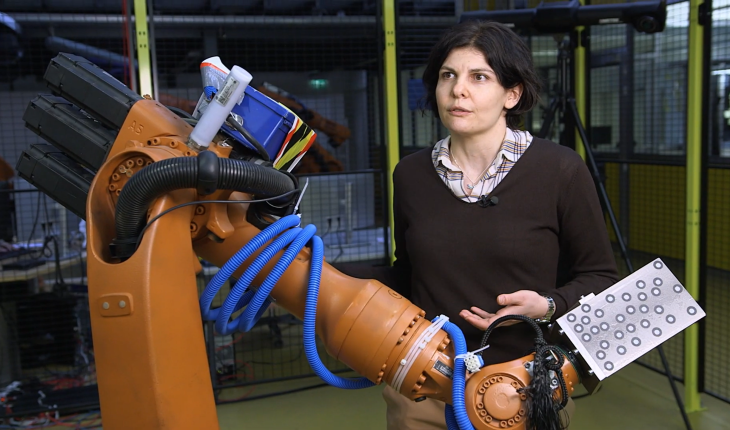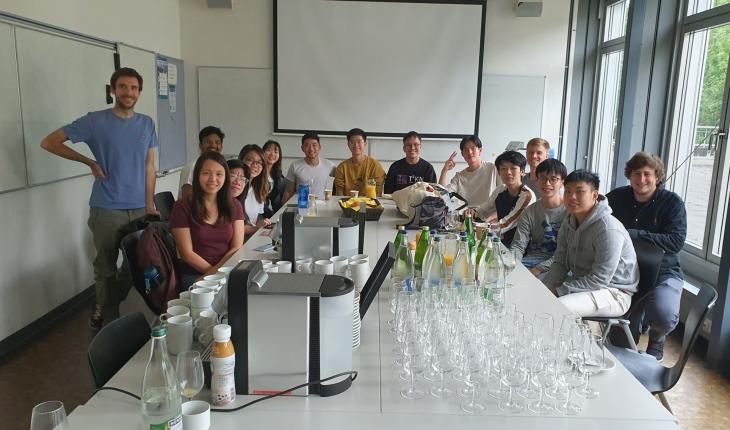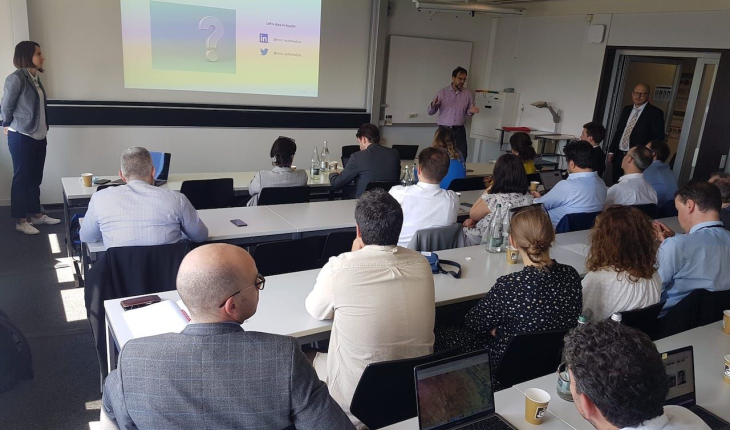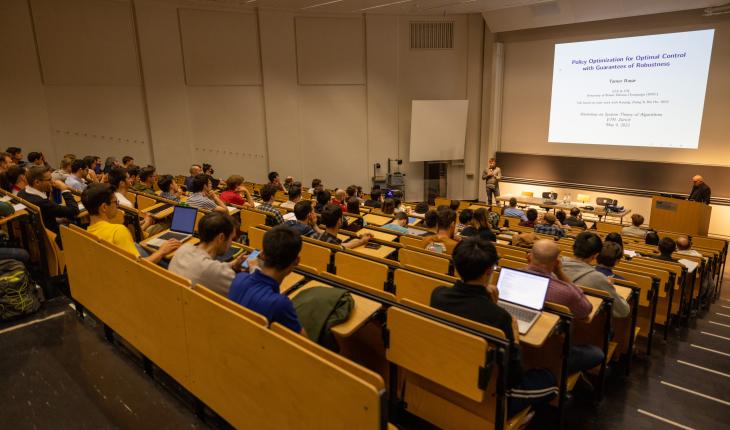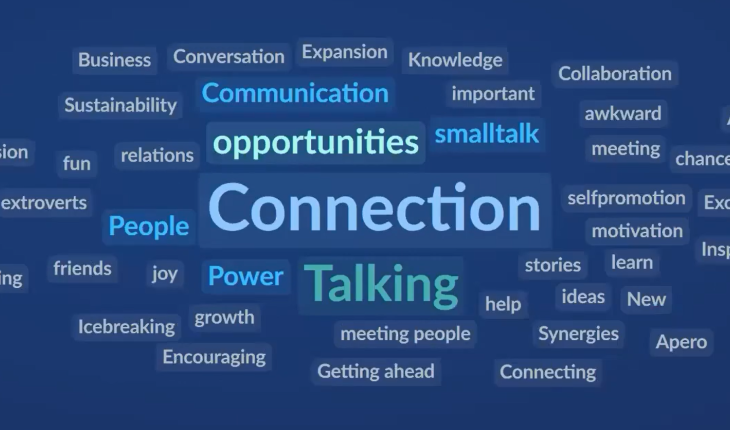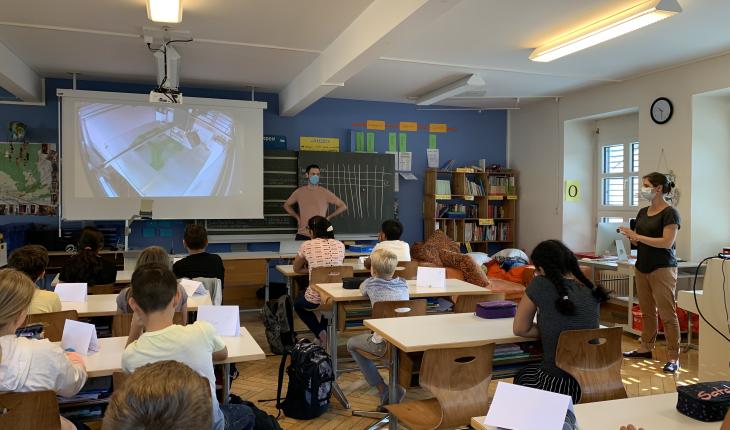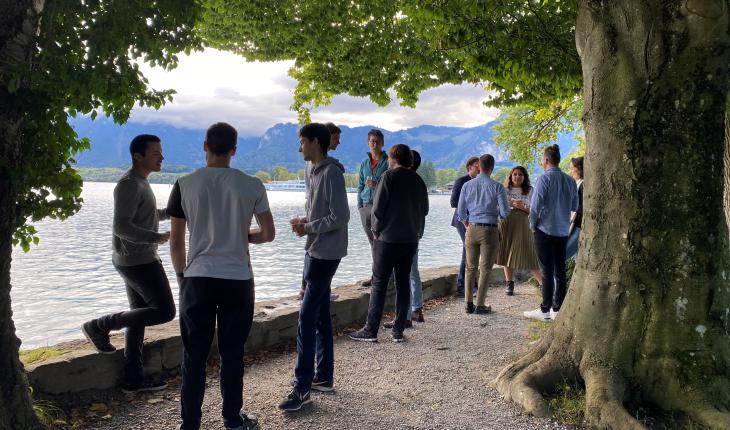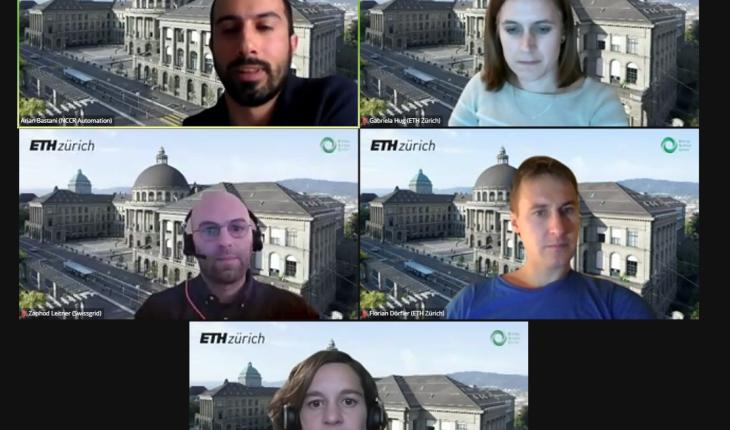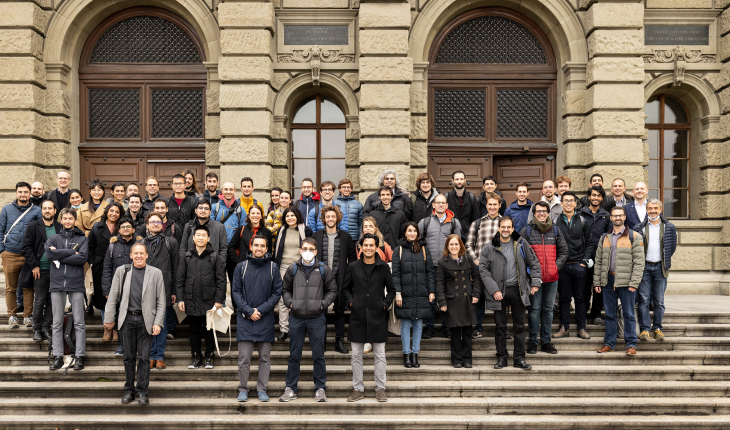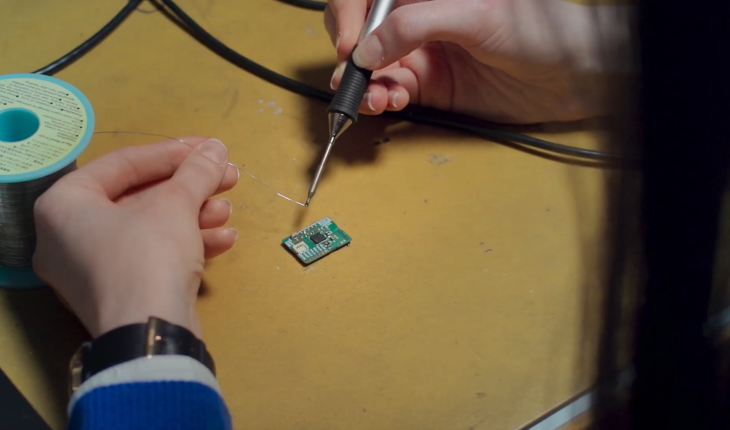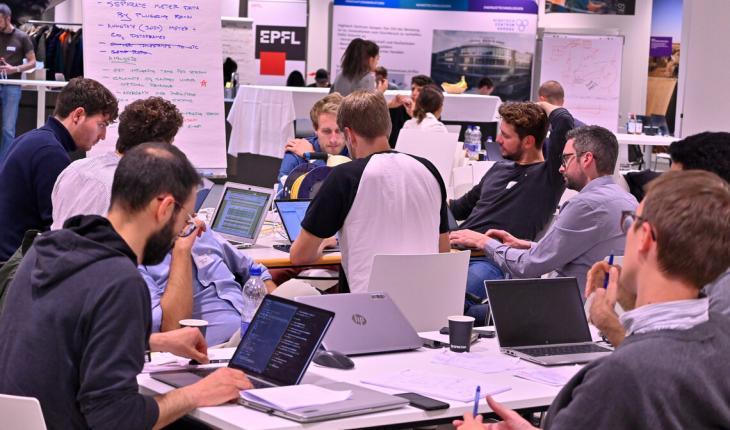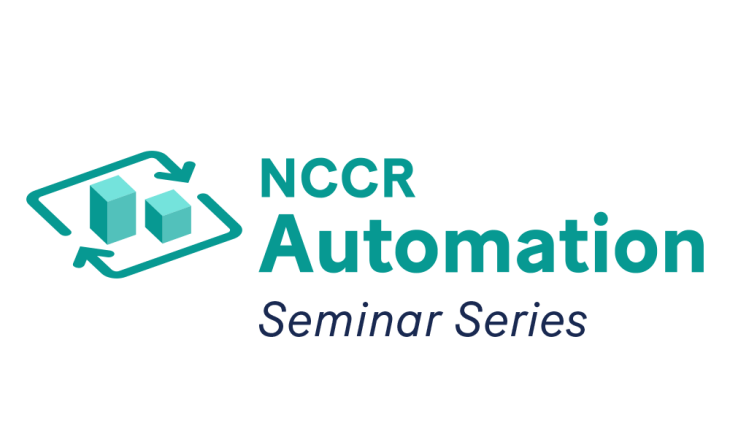Challenge 1: Automation Enablers

Our vision is a society that enjoys better sustainability, efficiency and equality through automation. That focus sets us the first foundational challenge of developing fundamental theories, computational techniques and practices to drive the next generation of automation systems: automation enablers. This research is organised under four themes, as described below.
The first theme addresses the need for improved scalability and robustness in data-driven control: that is, the need for automation solutions that can be safely integrated into systems involving human interaction.
In the second theme, we are looking for tools that can be used to improve the automation of complex networked cyber-physical systems (such as transport or energy systems), informed by game theory.
The third theme investigates computational tools for achieving reliable deployment at scale. This work interacts closely with other research within the NCCR Automation and serves as a bridge between some of the more theoretical and more applied work done.
Finally, we are working on lifelong learning control: the adaptability of complex automated systems, which will increasingly need to self-manage in response to incoming data and interaction with other complex systems over a long lifespan.
Theme 1.1: Design of Autonomous Systems: From data to control
Theme lead: Giancarlo Ferrari Trecate
In the rapidly evolving field of data-driven control methods, there is a pressing need for improved scalability and robustness, without restrictive assumptions. This is essential to ensure the smooth integration of automation solutions into safety-critical systems that involve human interaction.
We tackle these challenges through three specific threads.
Thread A: Unlocking the Power of Data-Driven Control: Versatility and Scalability
Contributors: F. Dörfler, G. Ferrari Trecate, C. Jones, M. Kamgarpour, A. Karimi
New developments in control still suffer from a theory-to-practice gap characterised by lack of applicability, a reliance on unverifiable assumptions or restricted problem settings, and unmet robustness or risk sensitivity constraints.
Thread B: Advancing Robust Control Strategies for Unconventional Uncertainties
Contributors: A. Censi, E. Frazzoli, M. Kamgarpour, A. Karimi, V. Medici
Existing approaches often fall short in modelling sources of uncertainty in real systems, which could entail significant liability and ethical risks.
Thread C: Human-informed decision making
Contributors: F. Corman, M. Kamgarpour, A. Krause, H. Nax
Reliable models of user preferences and decision making are vital in various ways: in developing cyber-physical-human systems that are both dependable and equitable; in developing decision support systems; and in the modelling and control of buyer-seller markets. Traditional analytical models often fall short, but data-driven approaches suffer from sample inefficiency and lack of interpretability.
Theme 1.2: Interconnection of autonomous systems
Theme leads: Florian Dörfler, Saverio Bolognani
The grand challenges of our time (from sustainable energy systems, to mixed transport networks and supply chains, to social systems such as recommendations) are characterised by being socio-technical, cyber-physical and networked. Methodological contributions in the field are hampered by fragmentation and limited transferability. We address these topics in cooperative, non-cooperative and extremely large settings, with game theory as our paradigm, developing tools that generalise beyond special cases and narrow assumptions.
Thread A: Decision making with self-interested agents
Contributors: S. Bolognani, A. Censi, F. Dörfler, E. Frazzoli, N. He, M. Kamgarpour, H. Nax
We will consider various cases: players not knowing the functional form of their objectives; a service for which access is regulated through non-monetary credit to support fairness and efficiency (“Karma”); and multi-stage games that need to be solved online.
Thread B: Interoperability and distributed control of autonomous systems
Contributors: S. Bolognani, F. Dörfler, G. Ferrari Trecate, S. Mastellone, C. Jones
Issues in focus include requirements such as dissipativity certificates, numerical aspects such as exploding or vanishing gradients, distributed and cooperative control, and decentralised system identification (to mitigate the challenges of protected proprietary model information), with a view to applications in power and rail systems, among others.
Thread C: Decision making in measure spaces
Contributors: A. Censi, F. Dörfler, E. Frazzoli, A. Hannák, N. He, D. Kuhn
We plan to model, study, and design large-scale dynamical systems on measure spaces – a modelling framework that is appropriate for systems composed of a large multitude of agents but whose global behaviour and performance is described by the aggregate behaviour of its parts (such as transport systems or global supply chains as well as social systems).
Theme 1.3: Reliable deployment at scale: Optimisation everywhere
Theme lead: Colin Jones
As societal problems continue to grow in complexity and size, involving myriad interactions and complex decisions, the demand for absolutely safe, predictable, and reliable automation is more pressing than ever. We aim to develop methodologies that can efficiently translate this wealth of data into actionable insights.
Many of the novel approaches and methods developed throughout the NCCR Automation will require new computational tools. As a result, this theme will interact with many parts of our NCCR, acting as a bridge between some of the more theoretical work, and the more applied.
Thread A: Computational Methods for Data-Driven Control
Contributors: C. Jones, J. Lygeros, M. Zeilinger
Optimisation-based control methods, such as model predictive control, real-time optimisation, and optimal planning, are the go-to approaches for systems operating under a range of constraints. We aim to explore computational methods for solving control problems based on machine-learning or data-driven predictive models.
Thread B: Co-design for Mobility and Advanced Robotics
Contributors: A. Censi, E. Frazzoli
We will study co-design problems for large-scale, distributed and interactive systems by taking a holistic view that factors in the system’s functions, constraints, and the objective of designing a minimal system for the intended tasks. In the complex terrain of the co-design landscape, which requires navigation across both physical and software components, multiple objectives come into play, including cost, power consumption, reliability, and public acceptance.
Thread C: Reinforcement Learning in Complex and Multi-Agent Environments
Contributors: A. Censi, E. Frazzoli, N. He, A. Krause, N. Kiyavash
Reinforcement learning harnesses the ability of agents to learn and make optimal decisions within different environments. We will approach the challenges that RL faces in complex environments (ranging from exponentially growing action spaces, to difficulties in learning hierarchical task structures) from three directions.
Theme 1.4: Lifelong Learning Control
Theme lead: Andreas Krause
Future control systems will not be commission-and-forget as in the past. They will operate in an ever-evolving environment where they will constantly receive new data and information, new updates and be interacting with other systems that are also in continuous flux. This gives rise to challenges such as plant ageing, systems with growing structure, interactions with humans, and time-varying performance measures.
The high-level goal of lifelong learning control (LLC) is to develop a theory of data-driven control adaptivity for complex systems. We are focusing on four specific research threads.
Thread A: Assumptions, Benchmarks and Foundations for LLC
Contributors: A. Censi, G. Ferrari Trecate, E. Frazzoli, A. Krause, A. Rupenyan
Our LLC research is grounded in contexts relevant to the NCCR Automation, aiming to establish real-world testbeds and benchmarks. Key application domains are digital twins used for advanced manufacturing systems, energy systems (such as wind farms), and autonomous vehicles.
Thread B: Principles for “Deep Adaptation”
Contributors: F. Dörfler, G. Ferrari Trecate, C. Jones, A. Krause, J. Lygeros
How can we enable fast and reliable adaptation for nonlinear time-varying systems? What are suitable performance guarantees? How can we identify and track non-parametric system models online? How can we deploy regret minimising controllers in an LLC setting? And how can we employ adaptive model-based reinforcement learning for LLC?
Thread C: System design for LLC
Contributors: A. Censi, E. Frazzoli, A. Hannák
Going beyond algorithmic principles, we consider the larger problem of reliable system design for LLC. Which aspects of the models/controllers should be updated at which timescales (real-time vs. episodic vs. event-based, etc.)? Can we co-design system components and associated controllers? What about ethical implications, given that machine learning is known to amplify pre-existing human biases into decision making, and even introduce new ones?
See related publications and data sets and news items.

